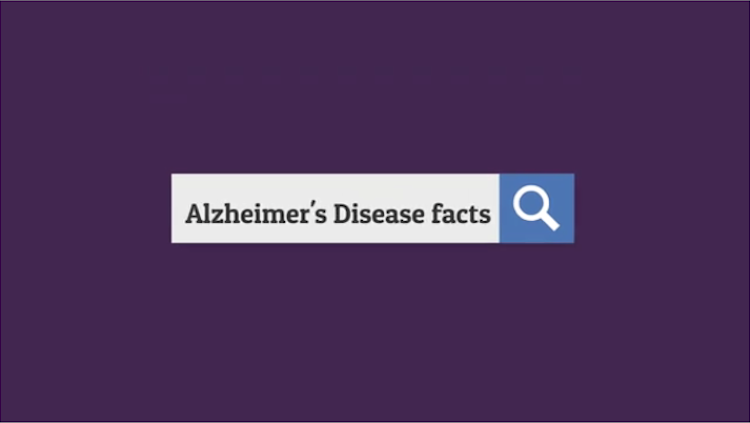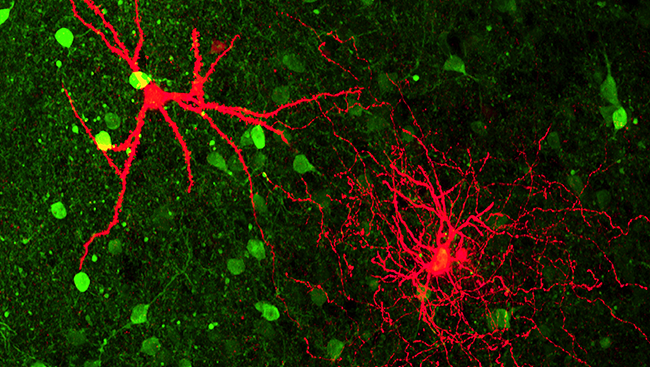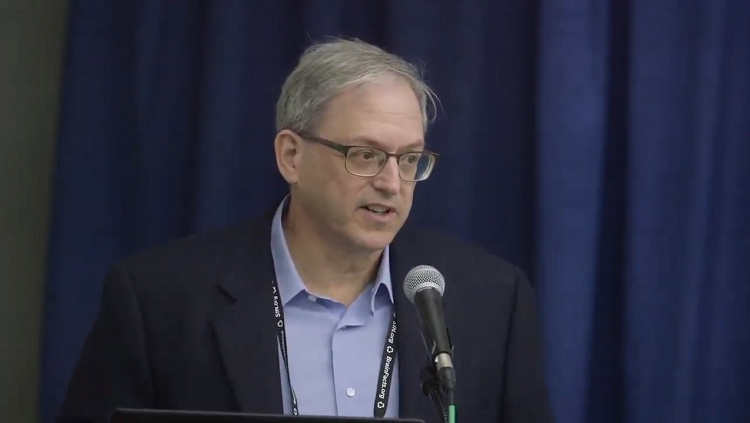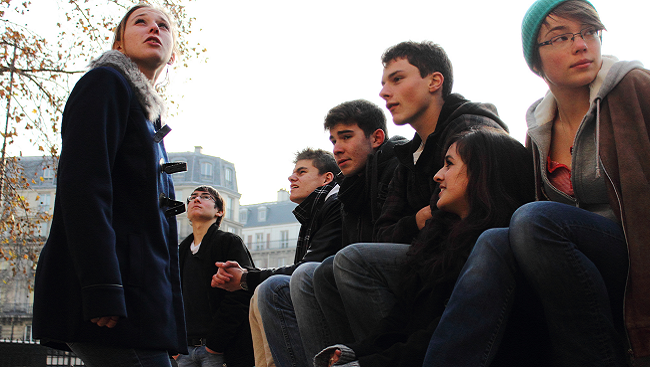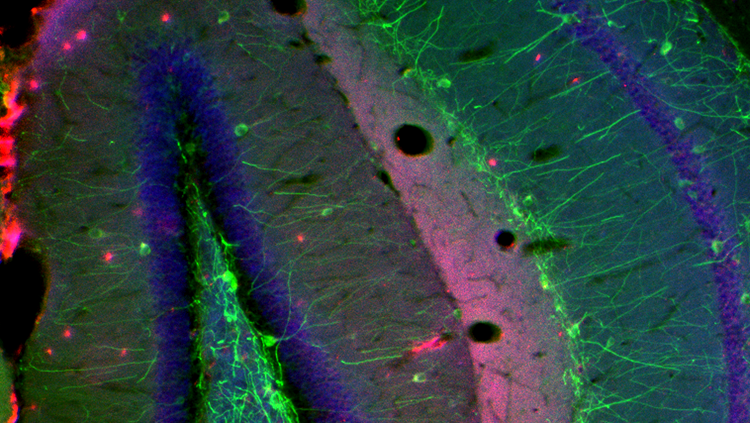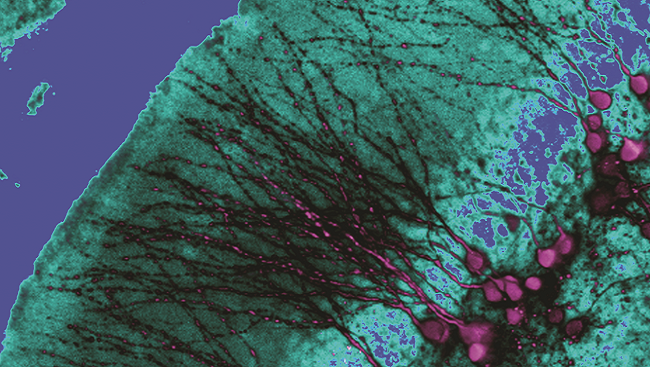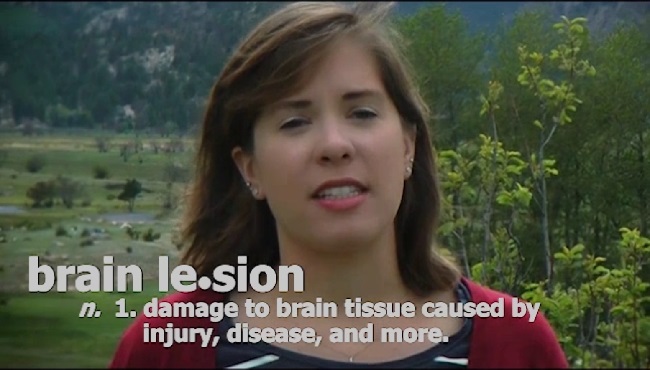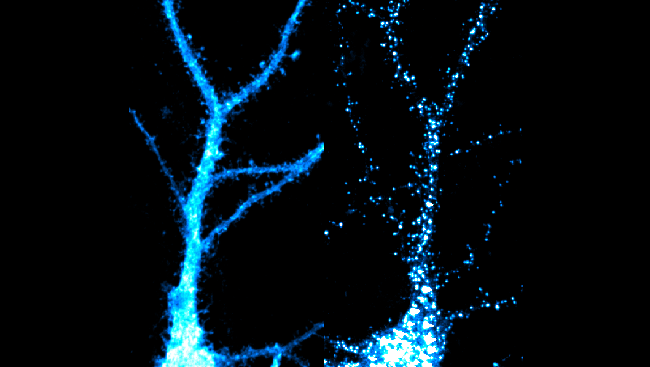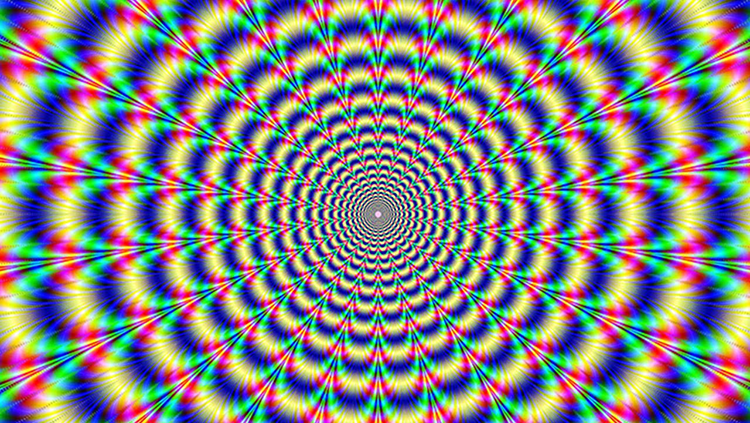Filter
-
(5)
-
(3)
-
(4)
-
-
(2)
-
(9)
-
(19)
-
(3)
-
(1)
-
(1)
-
(2)
-
(1)
-
(1)
-
(1)
-
(1)
-
(15)
-
(1)
-
(3)
-
(1)
-
(1)
-
(1)
-
(1)
-
(1)
-
(1)
-
(3)
-
(1)
-
(1)
-
(1)
-
(2)
-
(1)
-
(2)
-
-
(6)
-
(2)
-
(4)
-
-
(1)
-
(4)
-
(1)
-
(1)
-
(2)
-
-
(96)
-
(45)
-
(11)
-
(49)
-
(3)
-
(5)
-
-
(7)
-
(1)
-
(7)
-
(1)
-
-
(23)
-
(1)
-
(1)
-
(19)
-
(4)
-
-
(4)
-
(4)
-
-
(2)
-
(1)
-
(1)
-
-
(4)
-
(8)
-
(1)
-
(3)
-
(2)
-
(1)
-
(2)
-
(1)
-
-
(46)
-
(4)
-
(1)
-
(1)
-
(4)
-
(2)
-
(3)
-
(22)
-
(7)
-
(9)
-
-
(5)
-
(10)
-
(4)
-
(2)
-
(6)
-
-
(5)
-
(1)
-
(4)
-
(2)
-
(1)
-
(1)
-
-
(3)
-
(31)
-
(13)
-
(3)
-
(1)
-
(8)
-
-
(8)
-
(1)
-
(1)
-
(2)
-
(3)
-
(4)
-
-
(17)
-
(2)
-
(17)
-
-
(1)
-
(2)
-
(12)
-
(7)
-
(5)
-
(1)
-
-
(1)
-
(1)
-
-
(23)
-
(8)
-
(5)
-
(2)
-
(3)
-
(4)
-
-
(1)
-
(3)
-
(1)
-
(3)
-
(3)
-
-
(1)
-
(1)
-
-
(1)
-
(1)
-
-
(4)
-
(1)
-
(1)
-
(4)
-
-
(7)
-
(1)
-
(2)
-
(2)
-
(1)
-
(1)
-
-
(116)
-
(8)
-
(18)
-
(7)
-
(17)
-
(22)
-
(5)
-
(1)
-
(48)
-
(3)
-
(11)
-
(1)
-
(10)
-
(3)
-
(4)
-
(20)
-
(1)
-
(4)
-
-
(6)
-
(4)
-
(1)
-
(1)
-
-
(88)
-
(2)
-
(25)
-
(6)
-
(38)
-
(1)
-
(26)
-
(2)
-
(24)
-
(1)
-
(5)
-
(3)
-
(6)
-
(22)
-
(1)
-
(1)
-
(2)
-
(8)
-
(4)
-
(1)
-
(15)
-
(3)
-
(1)
-
(8)
-
(3)
-
(136)
111 - 120 of 160 results
-
While there is no cure or effective treatment yet for Alzheimer’s disease, spreading awareness and knowledge can bring science one step closer to unraveling its mysteries.
-
The discovery of a large family of receptors detecting odor solved the mystery of how our brains perceive smell.
-
Richard J. Smeyne discusses recent research that reveals how solitary confinement can cause physical damage to the brain.
-
Processing in the brain’s “reward system” drives our motivated behavior.
-
The cocktail of hormones produced during adolescence contributes to some of the dramatic brain changes underway.
-
Bacterial infections can make their way to the brain, where they can linger undetected.
-
A family of proteins determines which nerve cells thrive or die.
-
Brain lesions have taught scientists a lot about how the brain works.
-
The brain adapts to change by altering the connections between neurons.
-
Hallucinations happen when people see, hear, feel, or otherwise sense things that are not real, but appear to be very real and part of the surrounding environment.


